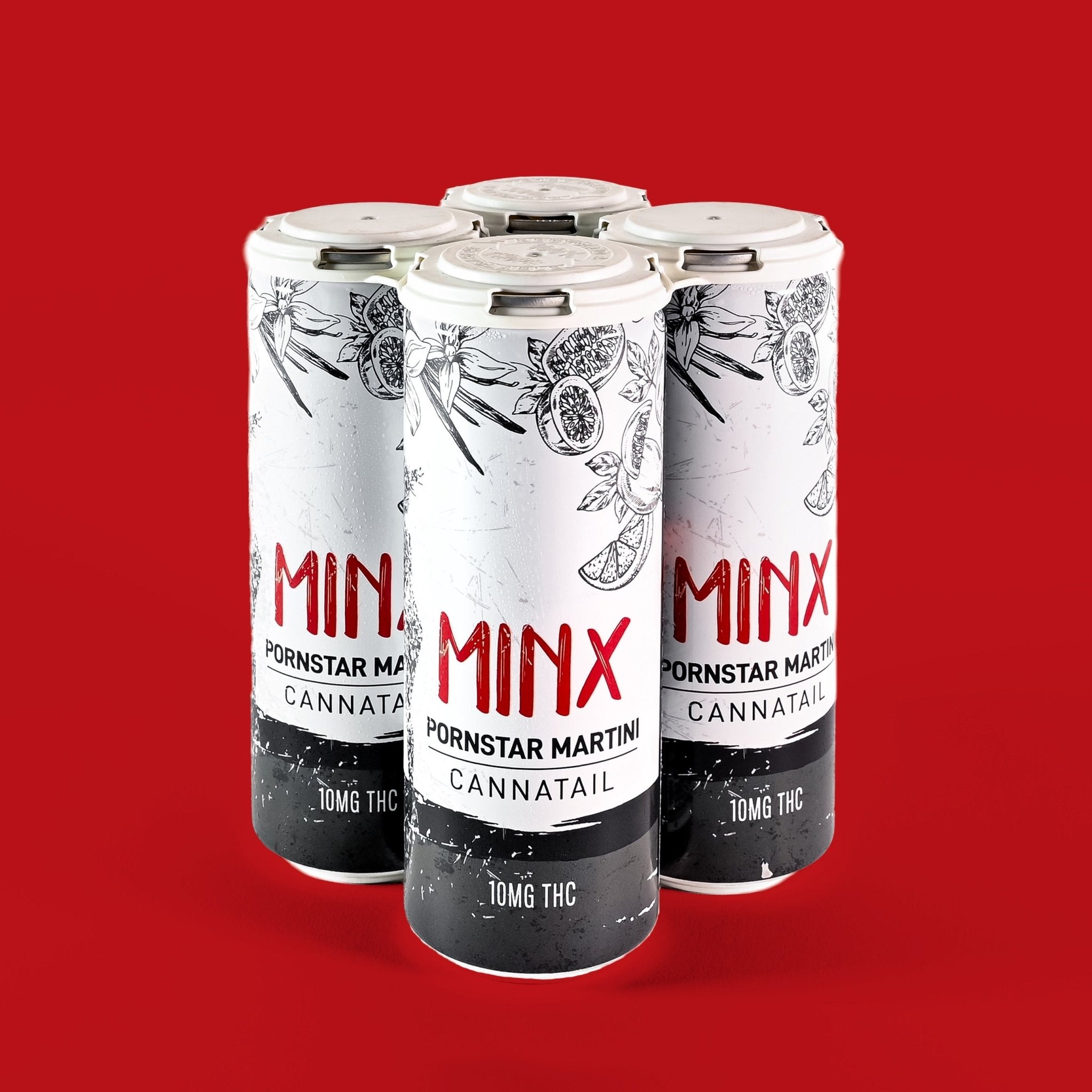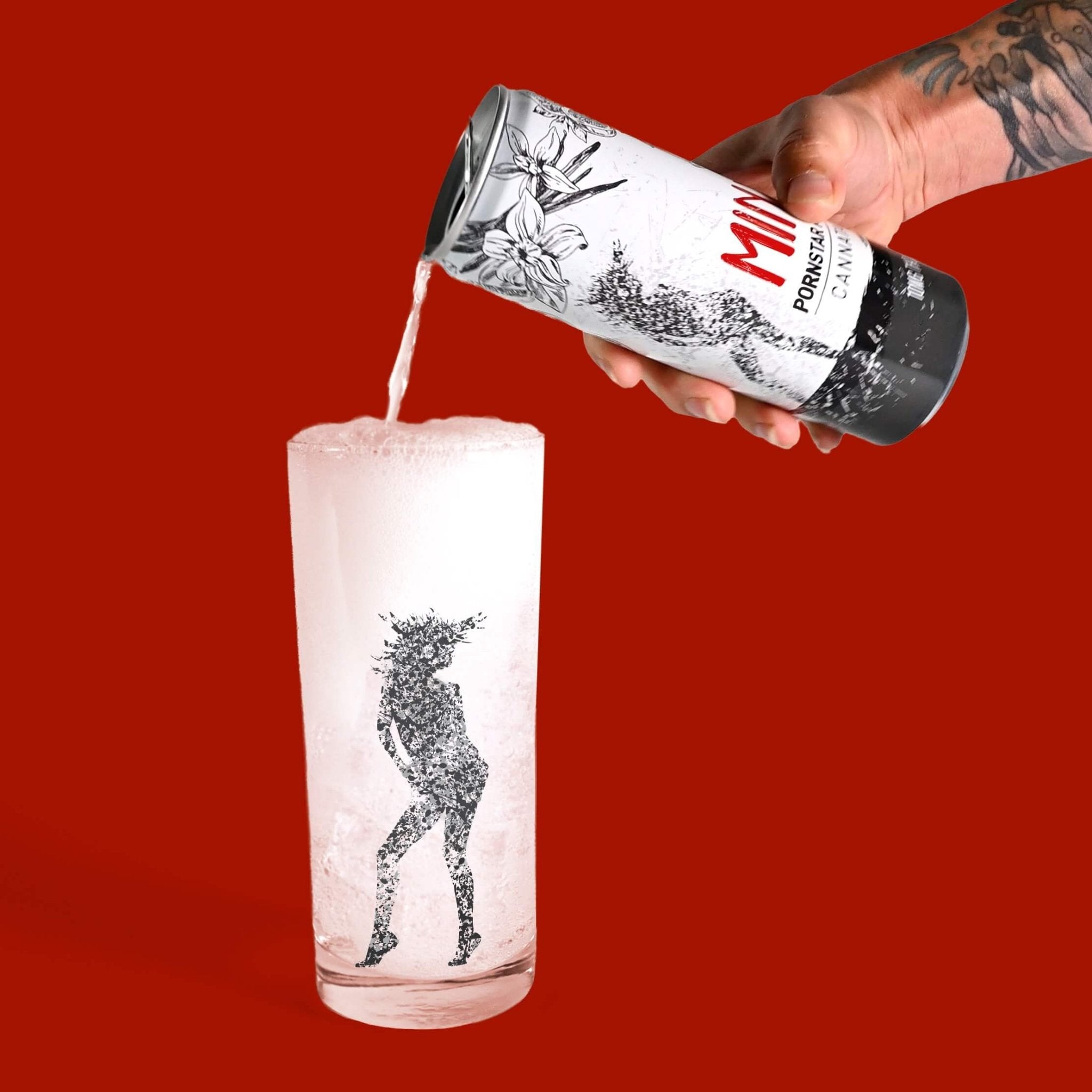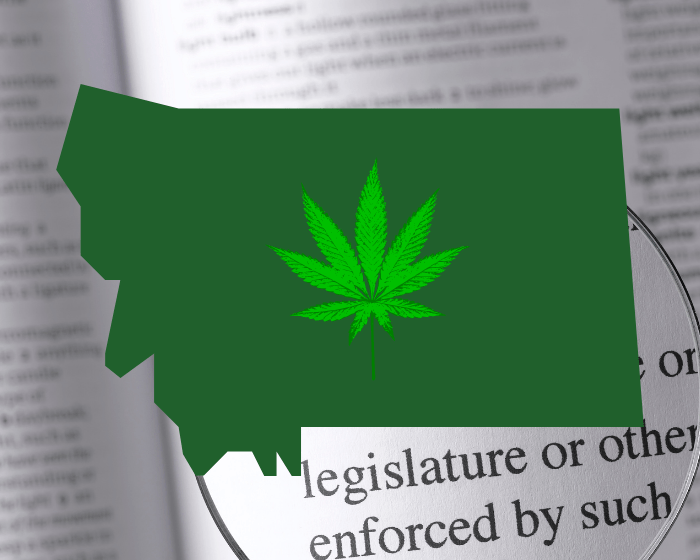In spite of calls for regulation from within and outside the hemp industry, FDA is going slow and steady.

The U.S. Food and Drug Administration stepped to the proverbial mic November 16, reports Hemp Industry Daily. The big takeaway? The agency has no plans to regulate CBD as a dietary supplement any time soon.
Should You Care?
For some, part of the satisfaction of buying CBD oil and delta-8 gummies is knowing they exist in a regulatory gray zone. It’s a little rebellious buying something the FDA calls “unlawful” but poses very little actual risk. Others might say it’s not the job of a regulatory agency to decide what people do with a plant that’s been around for longer than humankind. An understandable point.
Still, there are valid concerns about some of the products being sold in said unregulated market. While there are many trustworthy companies focused on making high quality, truly beneficial products, others are selling subpar concoctions and obscuring low quality with fake lab test results. (This is even more of a concern with delta-8 THC products, which were not addressed by the FDA this week. But the agency previously issued a warning that some delta-8 products may have harmful residual contaminants from chemicals used in processing.)
And because most Americans were raised in a regulated world where unsafe products don’t usually make it to a store’s shelf, most of us aren’t walking around with full awareness of the potential risk.
“Clear answers to many important questions are still lacking, such as what adverse reactions may be associated with CBD from hemp-derived products and what risks are associated with the longterm use of these products.”
— Grail Sipes, Deputy Center Director for Regulatory Policy, FDA Center for Drug Evaluation and Research
Again, many companies are selling safe products with real lab test results. These are generally companies with a real-world presence, building their reputations through quality, transparency, and accountability. One of them: Nothing But Hemp.
Many of these reputable businesses have expressed a desire for some kind of regulation. Companies within the hemp industry already meeting high standards would benefit from industrywide regulations that held everyone to the same, and gave the public more reason to trust products on the market.
Outside the hemp industry, national brands that don’t have hemp products yet would like to cash in on CBD-infused food and drink — without having to stay abreast of an ever-changing patchwork of state and municipal regulations.
FDA Says It Needs More Time
In spite of requests for regulation from the business world, the FDA said, as it has before, that it needs more time, reports Hemp Industry Daily.
“Clear answers to many important questions are still lacking,” said the FDA’s Grail Sipes, acting chair of the cannabis-product committee, “such as what adverse reactions may be associated with CBD from hemp-derived products and what risks are associated with the longterm use of these products.”
The FDA has already approved CBD for use in an an epilepsy drug. And while that might seem promising, it actually complicates the issue for CBD, because the FDA has never approved an existing drug for use in food or supplements.
Part of the FDA’s research plan to better understand the public health implications of cannabinoid use is to monitor social media platforms where people can speak freely about cannabis, namely Reddit.
According to Hemp Industry Daily, the FDA will keep doing what it’s been doing: keeping an eye on the marketplace and issuing warnings to companies marketing CBD for its therapeutic effects or as a medical treatment.
“FDA’s approach … with respect to these products has been the same as it’s always been – evidence based and data-driven,” Sipes said.







































